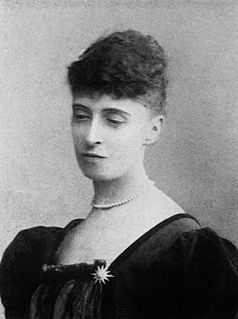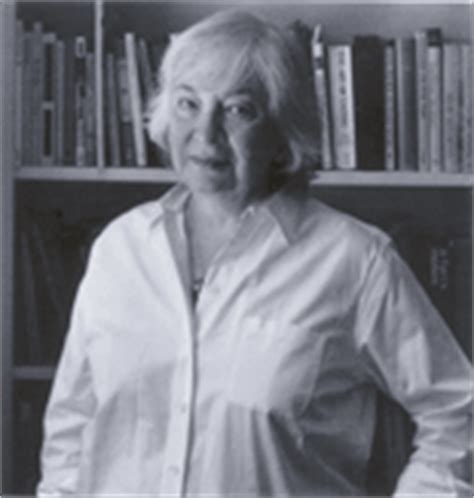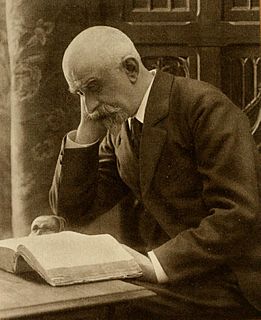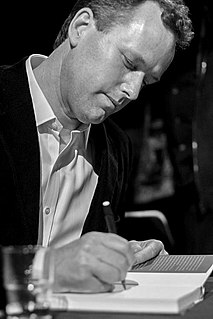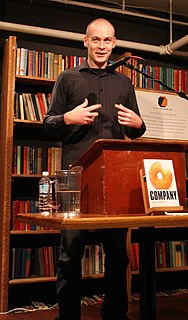A Quote by Johann Wolfgang von Goethe
He who would reproach an author for obscurity should look into his own mind to see whether it is quite clear there. In the dusk the plainest writing is illegible.
Related Quotes
The story man must see clearly in his own mind how every piece of business will be put over. He should feel every expression, every reaction. He get far enough from his story to take a second look at it... to see whether there is any dead phase... to see whether the personalities are going to be interesting and appealing to the audience. He should also try to see that the things that his characters are doing are of an interesting nature.
Then when dusk began to settle he would retrace his steps, back to his own world. And on the way home, a loneliness would always claim his heart. He could never quite get a grip on what it was. It just seemed that whatever lay waiting "out there" was all too vast, too overwhelming for him to possibly ever make a dent in.
I had never understood quite so clearly the effective power of Jane Jacob's writing - no, her clear-headed observation - as I did reading “What We See”. Maybe that's really the point of writing. That if you take the time to look, to really observe, then you see what is happening, and, with the clarity of that vision, you can act to save neighborhoods.
If an author be supposed to involve his thoughts in voluntary obscurity, and to obstruct, by unnecessary difficulties, a mind eager in the pursuit of truth; if he writes not to make others learned, but to boast the learning which he possesses himself, and wishes to be admired rather than understood, he counteracts the first end of writing, and justly suffers the utmost severity of censure, or the more afflicting severity of neglect.
His contempt for humanity grew fiercer, and at last he came to realize that the world is made up mostly of fools and scoundrels. It became perfectly clear to him that he could entertain no hope of finding in someone else the same aspirations and antipathies; no hope of linking up with a mind which, like his own, took pleasure in a life of studious decrepitude; no hope of associating an intelligence as sharp and wayward as his own with any author or scholar.
But his face had that hollow look, as if there was something gone... you know that look. The inward focus. Distantly attentive to the home you're missing, or the someone you're missing. That look that a bird has when it turns it dry reptilian eye on you. That look that doesn't see you because the mind is filled up with someone it would rather see.
Someone from the Internet Writing Workshop sent me a link to the Gender Genie, where you paste in a section of text and it uses an algorithm to detect whether the author is male or female. Or, if you're an author, you can tell whether you're really nailing your opposite-sex characters. I mean, nailing their dialog.


